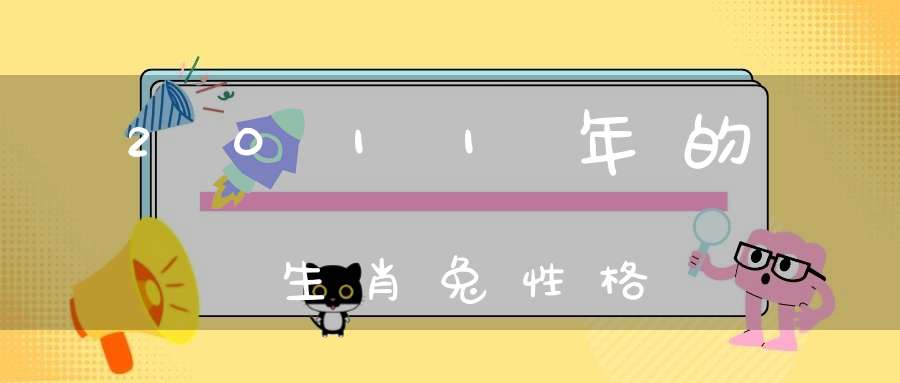,有時我們需更加努力。
Sometimes it is appropriate to change strategy and try something different. And sometimes it is appropriate to do both.有時則需改變策略
,嘗試不同的抉擇
。有時候,倆者都要一起來
。
The hare and the tortoise also learnt another vital lesson. When we stop competing against a rival and instead start competing against the situation, we perform far better.
兔子和烏龜也學(xué)到了最關(guān)鍵的一課
。當(dāng)我們不再與競爭對手較力,而開始逐鹿某一情境時
,我們會表現(xiàn)得更好
。
When Roberto Goizueta took over as CEO of Coca-Cola in the 1980s, he was faced with intense competition from Pepsi that was eating into Coke's growth.
1980年代,當(dāng)古茲維塔接掌可口可樂執(zhí)行長時
,他面對的是百事可樂的激烈競爭
,可口可樂的市場成長正被它吞食掉
。
His executives were Pepsi-focussed and intent on increasing market share 0.1 per cent a time.
古茲維塔手下的那些管理者,把焦點全灌注在百事可樂身上
,一心一意只想著一次增長百分之零點一的市場占有率
。
Goizueta decided to stop competing against Pepsi and instead compete against the situation of 0.1 per cent growth.
古茲維塔決定停止與百事可樂的競爭,而改與百分之零點一的成長此一情境角逐
。
He asked his executives what was the average fluid intake of an American per day? The answer was 14 ounces. What was Coke's share of that? Two ounces. Goizueta said Coke needed a larger share of that market.
他問起美國人一天的平均液態(tài)食品消耗量為多少
?答案是十四盎斯?div id="4qifd00" class="flower right">


